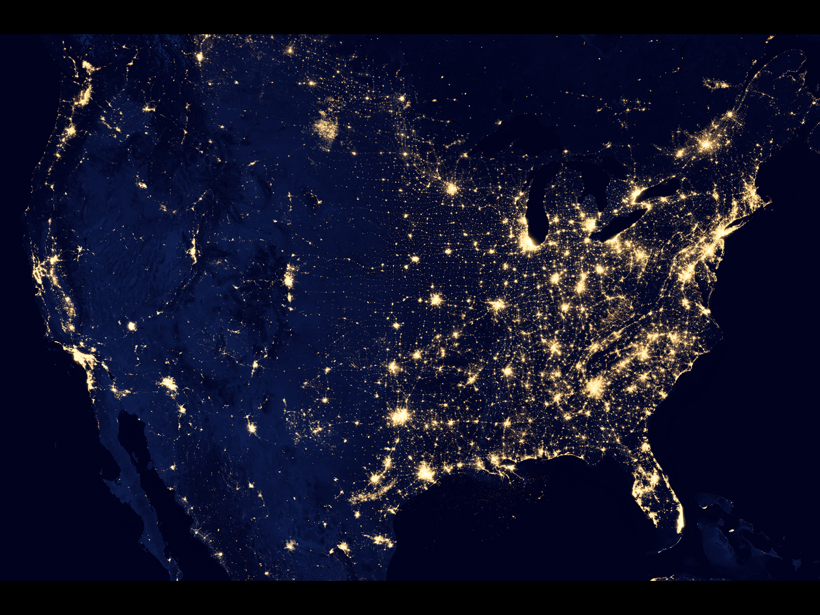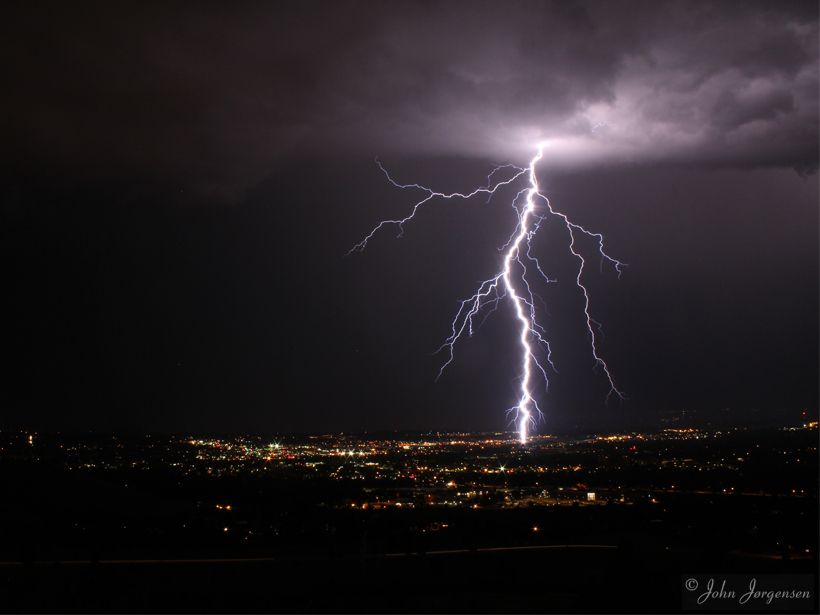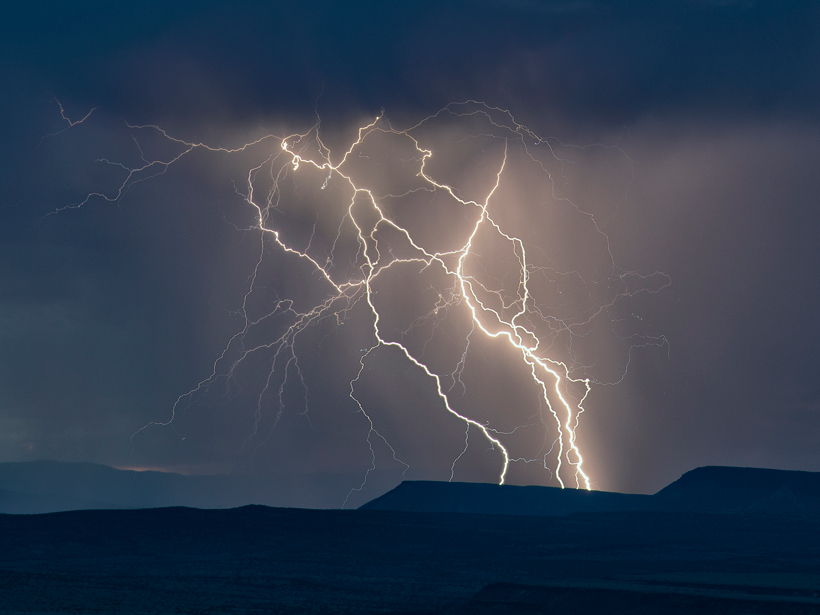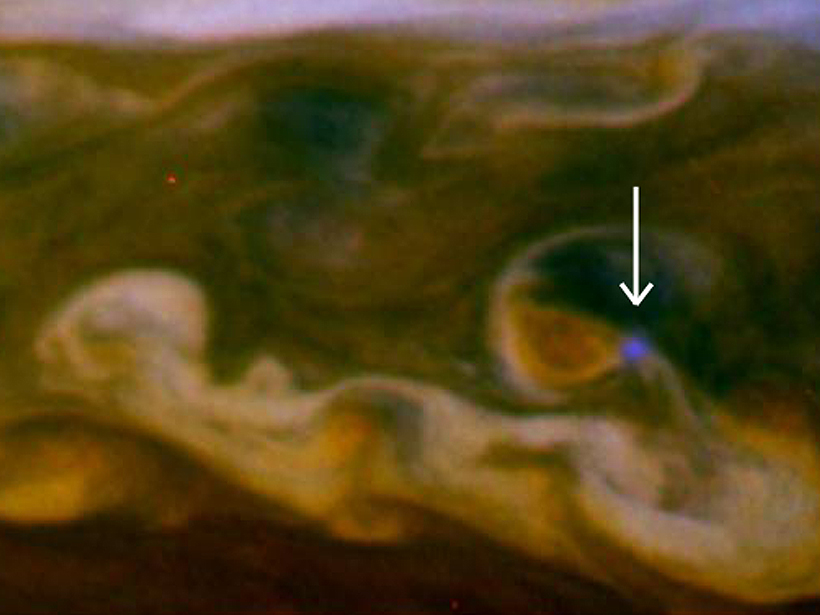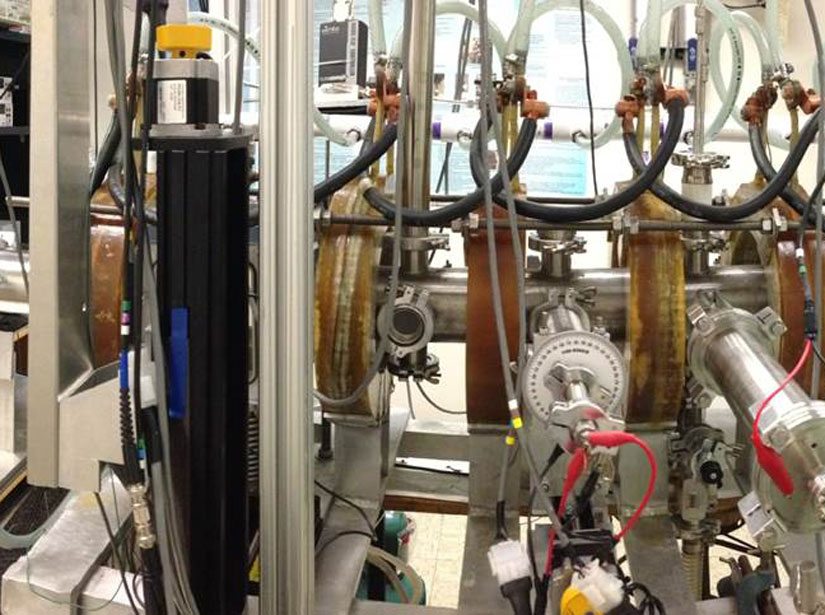Variations in Earth’s magnetic field can induce electric fields in the ground, driving damaging currents through our power grids.
electricity
Your Phone, Tablet, and Computer Screens Aren't Safe from Hackers
Cables and circuitry inside your gadgets' screens act as accidental antennae that broadcast screens' contents. A new study says the industry needs to fix this security risk before hackers exploit it.
Venus's Unexpected, Electrifying Water Loss
New research shows that an electric field surrounding Venus is stripping its atmosphere of water—and the same phenomenon may plague exoplanets scientists hope might be habitable.
Scientists Find Dead Lightning Branches That Come Back to Life
The detached bursts of brilliance might explain why the lowest point of a lightning bolt will sometimes suddenly brighten by up to 50% and double its speed as it hurtles to Earth.
Considering Atmospheric Electricity in Climate Models
Researchers create a new model of the electric currents circulating throughout the atmosphere that will improve the accuracy of global climate models.
Half of Atmospheric Joule Heating Is Due to Small Oscillations
Scientists use sounding rockets to show that small oscillations in electric fields can be just as important for atmospheric Joule heating as the presence of the electric field itself.
Electrical Concrete Offers Green Alternative to Airport Deicers
The Federal Aviation Administration is testing conductive concrete as a replacement for water-polluting chemicals used to melt ice from airport tarmacs.
Lightning "Impulses" Improve Models of Global Electrical Circuit
New simulations of how thunderstorms drive electrical currents through the Earth's atmosphere combine precision with computational speed.
Gaseous Planets May Have Huge Luminous Rings Caused by Lightning
What business do elves have in the upper atmospheres of gas giants? Plenty, it seems. The enormous ring-shaped phenomena triggered by lightning may occur on Jupiter, Saturn, and exoplanets.
What Causes Broadband Electrostatic Noise in Space?
Factors that generate electrostatic noise involve how electric fields compress magnetized plasmas.

